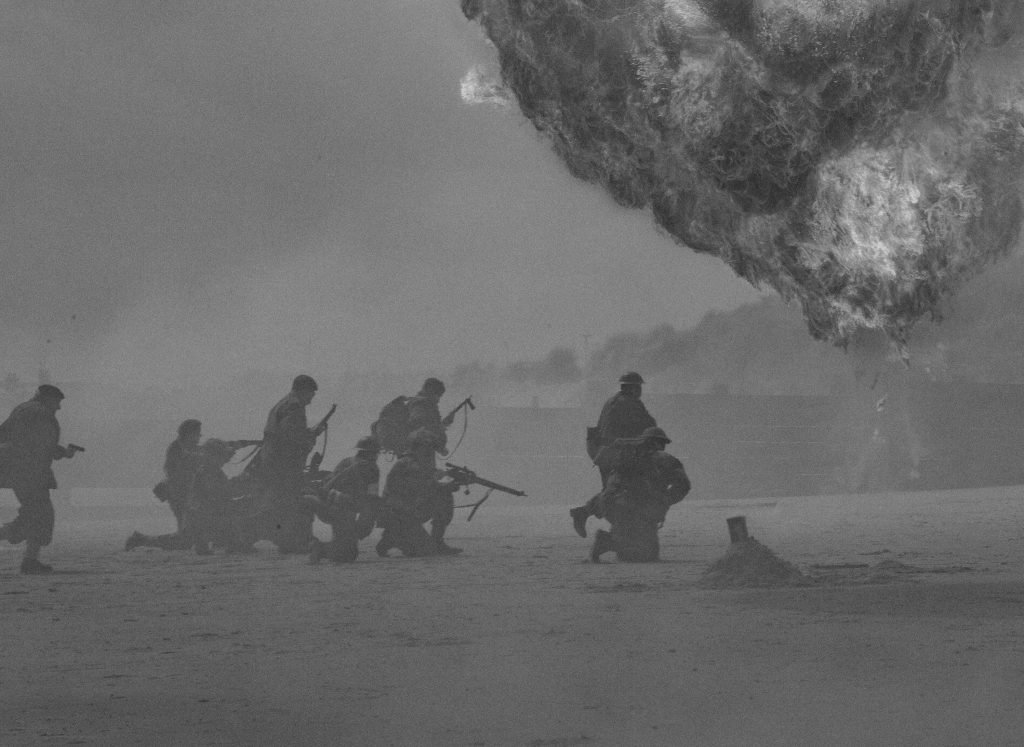Fears of a global food crisis are growing due to the shock of the war in Ukraine, climate change and rising inflation.
Kristalina Georgieva, the International Monetary Fund managing director, told the World Economic Forum in Davos, Switzerland on Monday that “the anxiety about access to food at a reasonable price globally is hitting the roof” as food prices continue “to go up up up”.
Last week, United Nations Secretary-General António Guterres warned of “the specter of a global food shortage in the coming months” without urgent international action.
Speaking at a UN meeting in New York on global food security, he said what could follow would be “malnutrition, mass hunger and famine, in a crisis that could last for years”, as he and others urged Russia to release Ukrainian grain exports.
He said he was in “intense contact” with Russia and other countries to try to find a solution.
“The complex security, economic and financial implications require goodwill on all sides for a package deal to be reached,” he said of his discussions with Moscow, Ukraine, Turkey, the US, the European Union and others. “I will not go into details because public statements could undermine the chances of success.”

Guterres spoke with Russia’s first deputy Prime Minister Andrei Belousov on Tuesday about Russian exports of fertilisers and grains, said Russia’s UN Ambassador Vassily Nebenzia.
“The discussions, as far as I know, went well and positive,” Nebenzia told reporters on Wednesday, but he signalled that Ukrainian access to international markets was a separate issue.
“We are prepared to do our share. The Ukrainian grain market access, that’s another thing,” Nebenzia said.
Nebenzia added that while there were no direct sanctions on Russian fertilisers or grains, there had been a chilling effect on shipping, insurance and banking after the United States and others began punishing Russia over what Moscow calls a “special military operation” in Ukraine.
UN food chief David Beasley appealed to Russian President Vladimir Putin: “If you have any heart at all, please open these ports.” Beasley heads the World Food Programme, which feeds some 125 million people and buys 50 per cent of its grain from Ukraine.
“This is not just about Ukraine. This is about the poorest of the poor who are on the brink of starvation as we speak,” Beasley said.
Ukraine used to export most of its goods through seaports but since Russia’s invasion on 24 February, it has been forced to export by train or via its small Danube River ports.
“There are an estimated 22 million tons of grain sitting in silos in Ukraine right now,” said US Secretary of State Antony Blinken, hosting the meeting. “Food that could immediately go toward helping those in need if it can simply get out of the country.”
He urged Russia to create corridors so that food and other vital supplies can safely leave Ukraine by land or sea.
Russia and Ukraine produce 30% of the world’s wheat supply and – prior to the war – Ukraine was seen as the world’s bread basket, exporting 4.5 million tonnes of agricultural produce per month through its ports.
But since Russia launched its invasion in February, exports have collapsed and prices have skyrocketed. They climbed even further after India banned wheat exports on Saturday.
The UN says around 20 million tonnes of grain are currently stuck in Ukraine from the previous harvest which, if released, could ease pressure on global markets.
While the number of people facing food insecurity had been growing even before the invasion, German Foreign Minister Annalena Baerbock, accused Moscow of making a difficult situation even worse on Wednesday.
“Russia has launched a grain war, stoking a global food crisis,” Berlin’s top diplomat said. “It is doing so at a time when millions are already being threatened by hunger, particularly in the Middle East and Africa.”
Meanwhile, US Secretary of State Antony Blinken said the world faced the “greatest global food security crisis of our time” which had been exacerbated by what he called Russian President Vladimir Putin’s “war of choice”.
We have always emphasized the importance of having a good website for your company because it can act as your best tool for marketing and sales. A poorly designed website can repulse people from your business and can cause you to lose customers before you even have them. Get in touch with HyperEffects to work on creating, enhancing, and making the website of your company more user-friendly.

